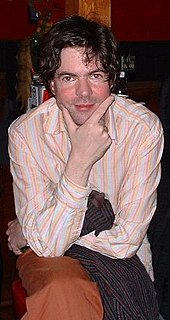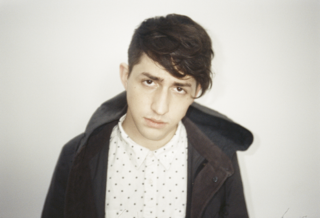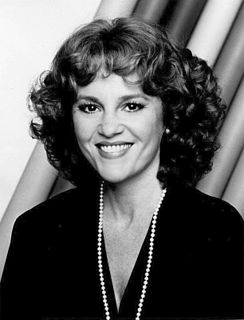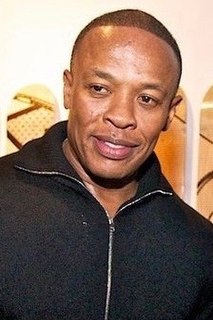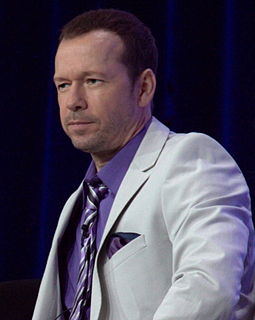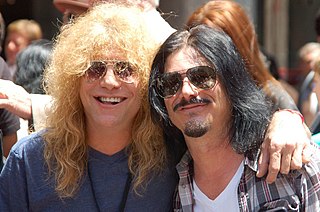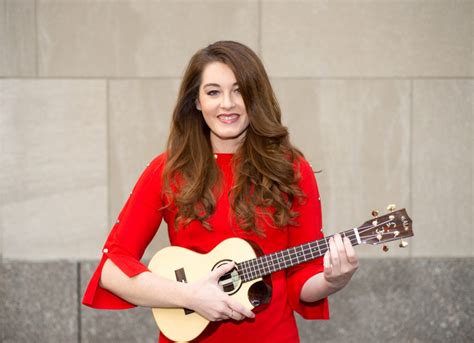A Quote by Richard Thompson
If you're up there performing a song for the first time, it's as if you're hearing it through their ears. You become acutely self-conscious of the song in performance, so that's a good thing before recording. But I like to have some surprises for the audience; I don't want the audience to know everything that's going to be on the record, because these days, with the Internet, people become avid collectors of pre-knowledge.
Related Quotes
An audience will let you know if a song communicates. If you see them kind of falling asleep during the song, or if they clap at the end of a song, then they're telling you something about the song. But you can have a good song that doesn't communicate. Perhaps that isn't a song that you can sing to people; perhaps that's a song that you sing to yourself. And some songs are maybe for a small audience, and some songs are for a wide audience. But the audience will let you know pretty quickly.
If you're recording the song on your four-track in your kitchen, when you finished writing the song, you're recording, and it's cool, and honor that. And maybe that's the version that should be released. And if you're recording the song again, it shouldn't be because there's a version you love that you're chasing. It should be because "You know what? I made a recording, but I don't love it emotionally." So, okay, then record again. And be in it and take advantage of the buzz and energy of "I'm getting to record right now!" It's such a beautiful and cool privilege.
The nice thing about live performance is that I've never, ever been let down. Partly I'm lucky that my audience self-selects itself. Generally they know what they're in for, and generally we all just like each other and get along. But I always find one or two or a dozen really interesting people in the audience who make the show different. And that's one of the things I really like about performing.
Many people become self-conscious when they communicate. Whether it's writing or speaking, they are consumed by anxiety. Self-consciousness is an impediment to what is required to serve an audience effectively. One's goal must be to achieve audience consciousness. To put oneself in their place, to recognize that the value of any communication arises from how it is received by them, not by what it means to the author. Rather than learning a multiplicity of rules for speaking, for example, I would suggest that a focus on serving one's audience will simplify and clarify everything.
Right away, I knew I didn't want to have that look of other guys with long hair and bell-bottom pants, because everybody else had that look. I kind of adopted my boarding-school look, which made me stand out. Then the next thing you know, the first song on my first record is a song called "School Days." It's about going to the boarding school I went to. So then I just started to write about myself. The very first song I ever wrote was about a guy I met in a boatyard that we were working in. So I've always had this thing about sticking to more or less what I knew.
I was also a fan of the first one Saw movie. I knew there was a danger in doing the sequel, especially like this. They have such a core audience for the Saw movies. The fans of the movie actually demanded a sequel. They were on the internet going crazy. I don't even go on the internet. I don't even know how all this stuff happens. But they wanted it and one the one hand that's good, because you know there's an audience.

